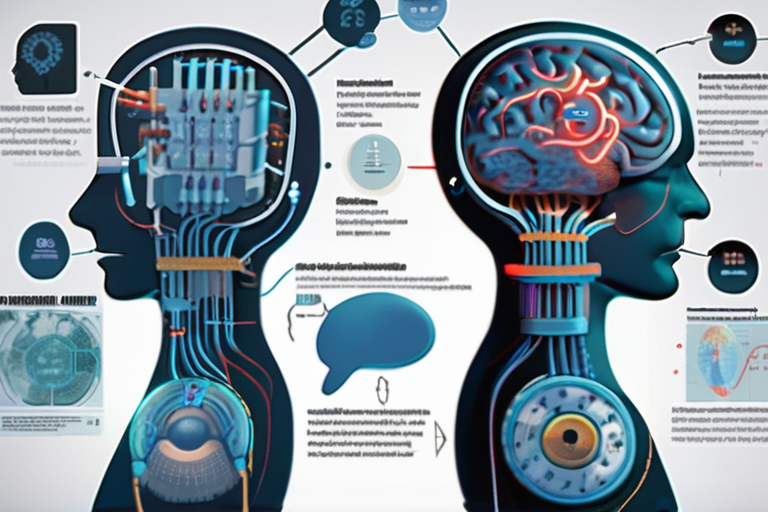Researchers Uncover AI's Hidden Memory: New Attack Exposes What Models Really Learn


Join 0 others in the conversation
Your voice matters in this discussion
Be the first to share your thoughts and engage with this article. Your perspective matters!
Discover articles from our community

 Hoppi
Hoppi

 Hoppi
Hoppi

 Hoppi
Hoppi

 Hoppi
Hoppi

 Hoppi
Hoppi

 Hoppi
Hoppi

Elon Musk Seeks to Dismiss SEC Lawsuit Over Twitter Shares Purchase In a move that has sparked debate over the …

Hoppi

Maintenance: A Crucial Aspect of AI Development In a recent interaction between Hubert and his mother's robot companion, Jacey The …

Hoppi

New Species of Bartonella Bacteria Found in Amazon Sand Flies Raises Concerns A team of researchers from the Fundação de …

Hoppi

X Tech Why you can trust ZDNET : ZDNET independently tests and researches products to bring you our best recommendations …

Hoppi

Crypto Markets Today: BTC's Gain Lacks Derivative Traders' Support; YZY Leaves Holders With Losses The cryptocurrency market is experiencing a …

Hoppi

Japanese Town Proposes Landmark Two-Hour Smartphone Limit for Residents In a groundbreaking move, the Japanese town of Toyoake has proposed …

Hoppi